Enterprise portals and knowledge management: will the marriage survive?
Enterprise portals
Portals offer personalized anchor sites for users when they connect to the Web
|
An emerging development of the evolution of the Internet is the popularity of portals such as Excite and Yahoo!, which offer personalized anchor sites for users when they connect to the Web. Information access, collaborative software suppliers, and other enterprise software vendors have been developing their own versions of the portal specifically aimed at the corporate market. They believe that enterprise portal software will help to rationalize and restructure the practice of knowledge management. Workbenches, dashboards, and cockpits are being replaced by the web-related technology of enterprise portal software.
Enterprise portals can be broken down into three major categories:
-
enterprise application portal
-
enterprise expertise portal
-
enterprise information portal
An enterprise application portal is a server-based code set that offers packaged enterprise-application capabilities. These capabilities can include modules, components, services, and related data.
Enterprise expertise portals are constructed to capture and reutilize the human assets of an organization. They may contain dynamic user profiles that record the contribution and removal of information from the organization's knowledge center.
Enterprise information portal is a server-based code set that offers data from multiple sources within the business and external to it. These sources include billing and sales records, databases, the Internet, and e-mail.
Knowledge management
Knowledge management is a new concept for the information age. Experts maintain that knowledge management enables the gathering and sharing of intellectual assets for radical results in enterprise productivity and innovation. It is a process that involves creating, gathering, assimilating, and leveraging knowledge that will produce a more competitive and more intelligent organization.
Managing knowledge is an expensive and time-consuming practice
|
In a dynamic environment,managing knowledge is an expensive and time-consuming practice. For example, 6 percent of Ernst & Young's consulting revenue pays for internal knowledge management programs. McKinsey & Co. spends 10 percent of its consulting revenue on its knowledge management practice. It is the investment in human infrastructure - people who will create, gather, integrate and maintain the information - that justifies the high cost of knowledge management.
Experts have outlined a knowledge management model that consists of four stages: gathering, organizing, refining, and disseminating data. Knowledge management planners survey and analyze corporate information requirements, and then select the best software system - for example an intranet - for referencing and classifying the information.
Enterprise portals and knowledge management
Many companies focus on existing information processes and strive to bring them together in an attempt to manage their knowledge. According to industry experts, because the process addresses numerous different requirements and involves several stages, no one vendor provides a comprehensive suite of products.
Enterprise portals have emerged as the most comprehensive solution to knowledge management needs because they simplify the online, nearline and offline storage of information. Experts believe that the different categories of enterprise portals will eventually converge to produce a single model.
Web-based technology has permitted the emergence of collaborative teams, both within individual organizations and across partner organizations. These teams can spread further apart, both temporally and geographically, while maintaining the highest level of communication.
Collaborative teams need an assortment of information, resource, and project management functionality to facilitate mutual work. While portal products and technologies have delivered some benefits, it is not until recently that a project team could benefit from a specific enterprise oriented service. Using enterprise portal products, teams can acquire and control schedule, product development, and human resource information within the framework of their specific projects. If there is an effective knowledge management system in place, this information can be quickly and effectively used to influence future decisions and strategy concerning potential projects.
Conclusion
The marriage of the enterprise portal model and knowledge management will enable the direct management of personalized information
|
A research director at AMR Research, Rod Johnson, holds that e-commerce is the driving force behind the majority of organizations' adoption of technology. The greatest inefficiencies in big organizations today are between the employees and systems. It is envisaged that the marriage of the enterprise portal model and knowledge management will enable the direct management of personalized information and will allow application access to all employees and business partners. Knowledge managers should attempt to integrate the enterprise portal's web-based technology into their existing processes and to maximize its potential.

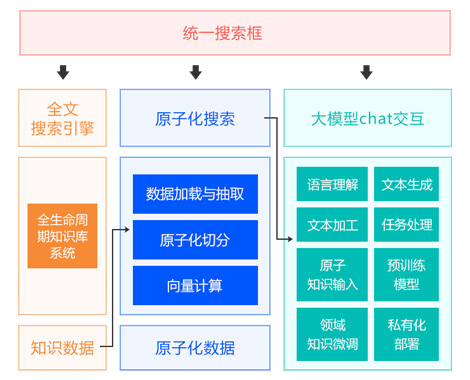

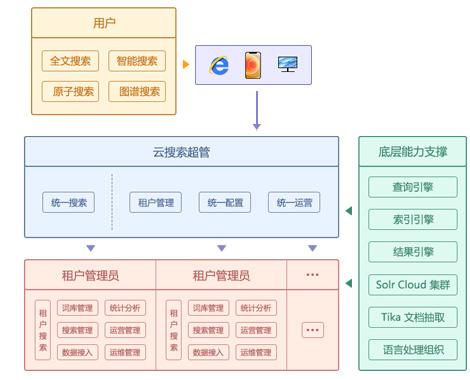
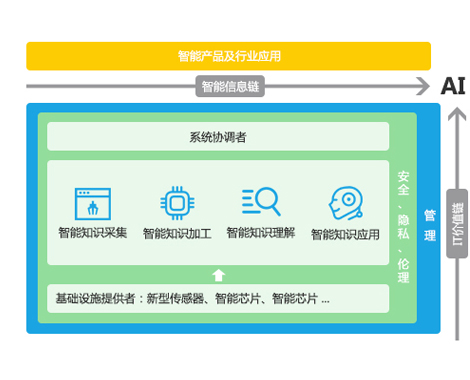
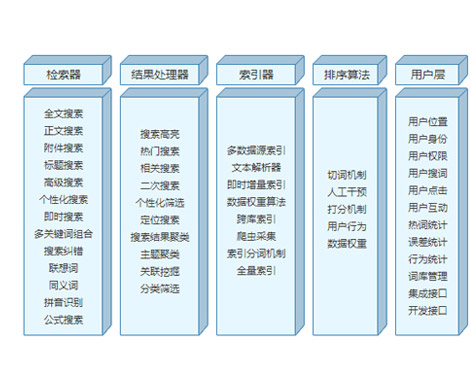
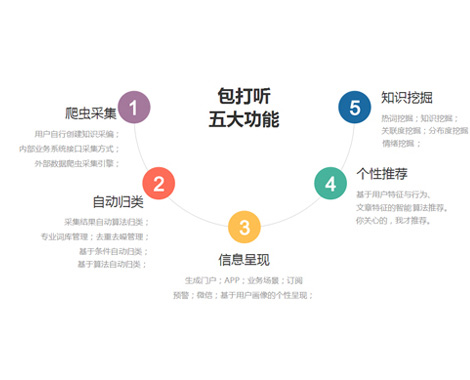
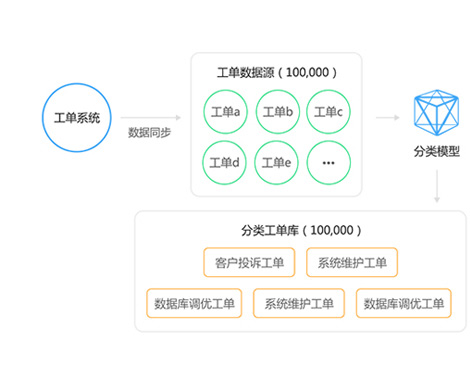
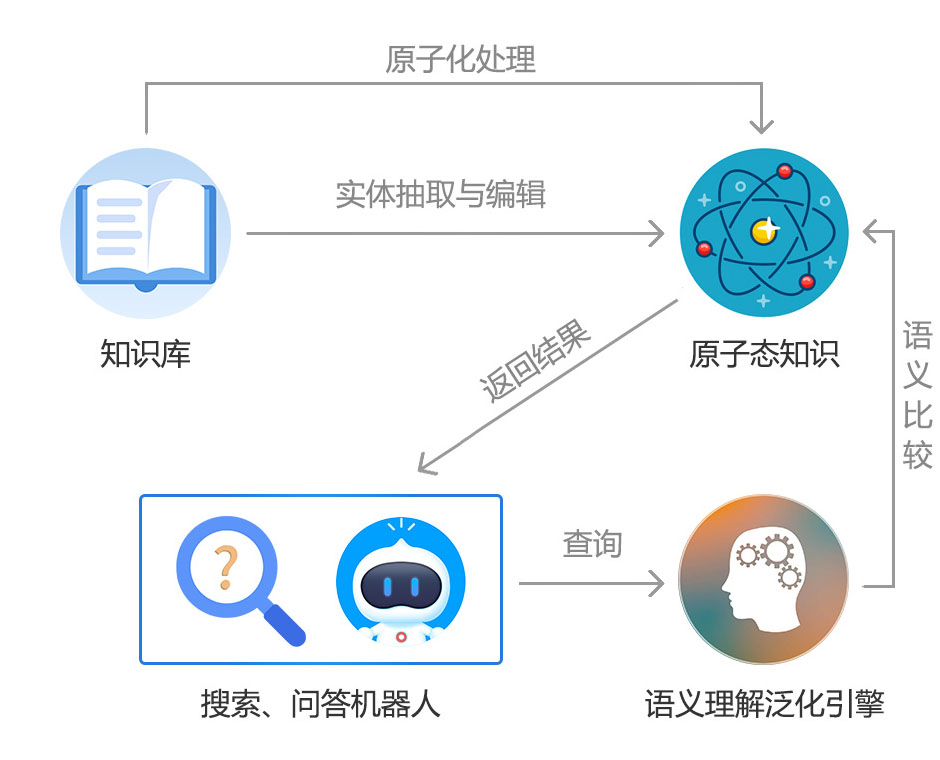
 2017-03-27 09:39
2017-03-27 09:39